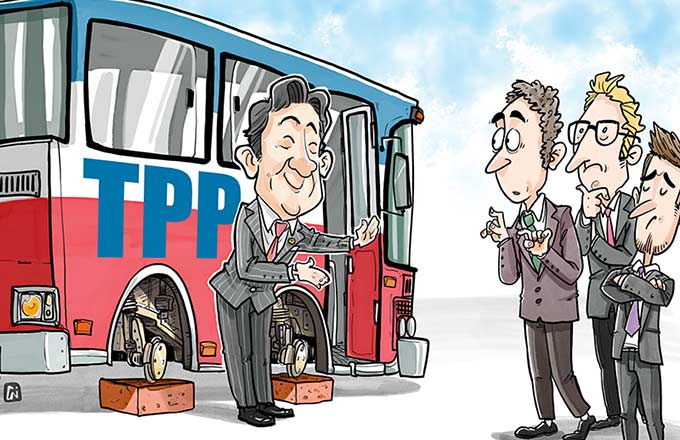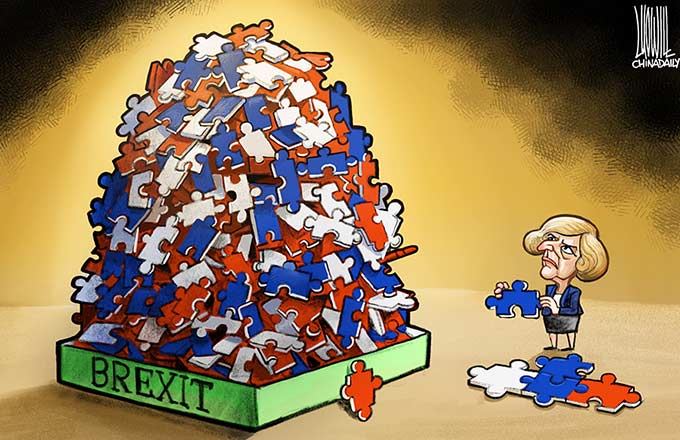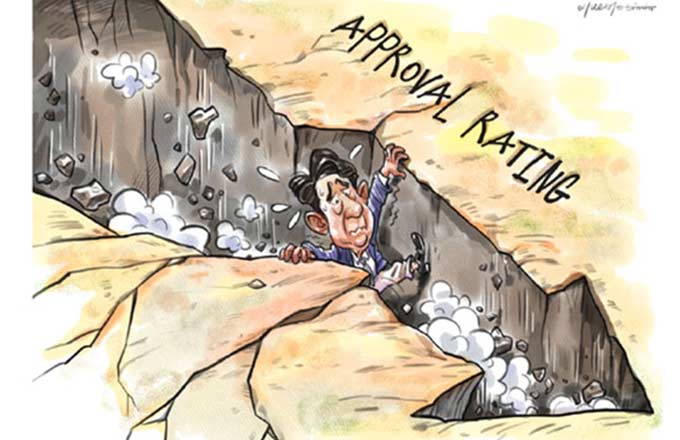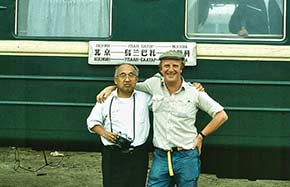On verge of a once-in-a-century change
Beijing and Washington both now see Sino-US ties as the most important bilateral relationship of the 21st century. In terms of security issues, China sees military modernization as a corollary of economic transformation, while the US sees it as a potential threat. While Beijing perceives the South China Sea as its core interest, maritime disputes have served to further Washington's "pivot" to Asia policy in the region.
In security matters, the issue of cyberattacks should be thoroughly re-assessed in light of recent revelations that US, through its National Security Agency, has for years engaged in widespread hacking inside China. Moreover, the case of the whistleblower Edward Snowden, a contractor for Booz Allen Hamilton, and the program PRISM, which allowed the NSA to monitor user data from the world's largest US-based Internet companies, raise troubling questions the privatization of national security. It created a highly adverse moral hazard in the Bush era and it casts a dark shadow over the Obama era as well.
As China moves higher up the productivity chain, the old points of friction between them over economic issues (currency policy, trade deficit and WTO commitments) have been overtaken by new ones (innovation policies and intellectual property rights).
Moreover, the impending economic and financial reforms announced by President Xi and Premier Li Keqiang are likely to support positive bilateral relations.
Washington's approach to bilateral talks is shaped by current conventional wisdom in the West, which perceives the US as recovering and China's growth as slowing down. But as the second half of the year will demonstrate, unipolar temptations are doomed to fail in the nascent multipolar world.
China's double-digit growth may be fading into history, but it continues to have solid growth potential for another 10 to 15 years, assuming the international environment remains relatively stable and peaceful. In the first quarter of this year, China's economy had a soft landing and is now on the way to recovery.
Despite substantial medium-term challenges, the short-term outlook will be supported by a wave of reforms that Premier Li laid out in early May, including investment projects, value-added tax reforms in the service sector, liberalization of interest and exchange rates, private capital investments, reforms in utilities, promotion of healthcare and social housing, and a comprehensive urbanization plan that includes reform of the hukou (household registration) system.
What about the short-term outlook in the US?
Despite recent market records, the Fed's bond holdings alone have almost tripled since March 2008. By the year-end, its securities holdings will reach $4 trillion. Besides, real GDP growth remains anemic.
As the Fed begins its unwinding process, moving too fast or too slow could severely disrupt the lingering recovery. US government debt has soared to more than $16.8 trillion, which is about $1.1 trillion more than its GDP. This means, the US will need a new debt ceiling around September.
In the early 1870s, the US, the largest emerging economy of the era, overtook the United Kingdom. Now, as the US' liquidity driven growth eclipses, the once-in-a-century transition of economic power will accelerate.
It is this complex and high-stake balancing act that Obama and Xi must manage in their respective countries and bilateral relations. And it is this transition that will make or break the multipolar 21st century.
The author is research director of international business at India, China and America Institute, a US-based independent think tank, and a visiting fellow at Shanghai Institutes for International Studies and Singapore's EU Centre.
(China Daily 06/24/2013 page9)
- Snowden hits back against critics of NSA leaks
- Obama's NSA puzzle
- Officials: NSA programs broke plots in 20 nations
- NSA whistleblower heading to Chinese mainland?
- NSA leaker: I'm neither traitor nor hero
- US spy agency seeks criminal probe into NSA leak
- US NSA chief defends surveillance programs
- NSA scandal
- NSA leaker is free man in HK-for now
- US group challenges NSA phone surveillance





















